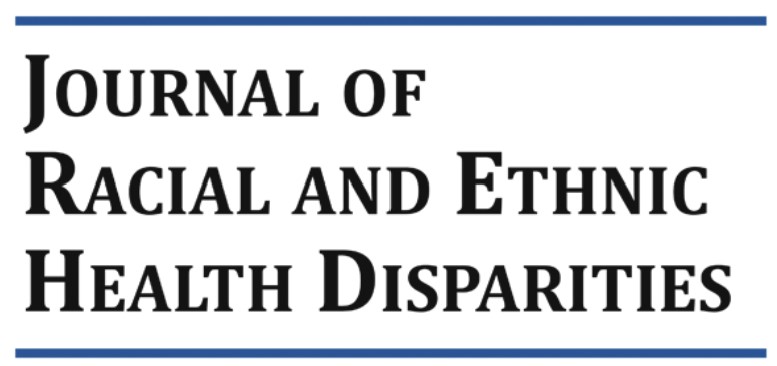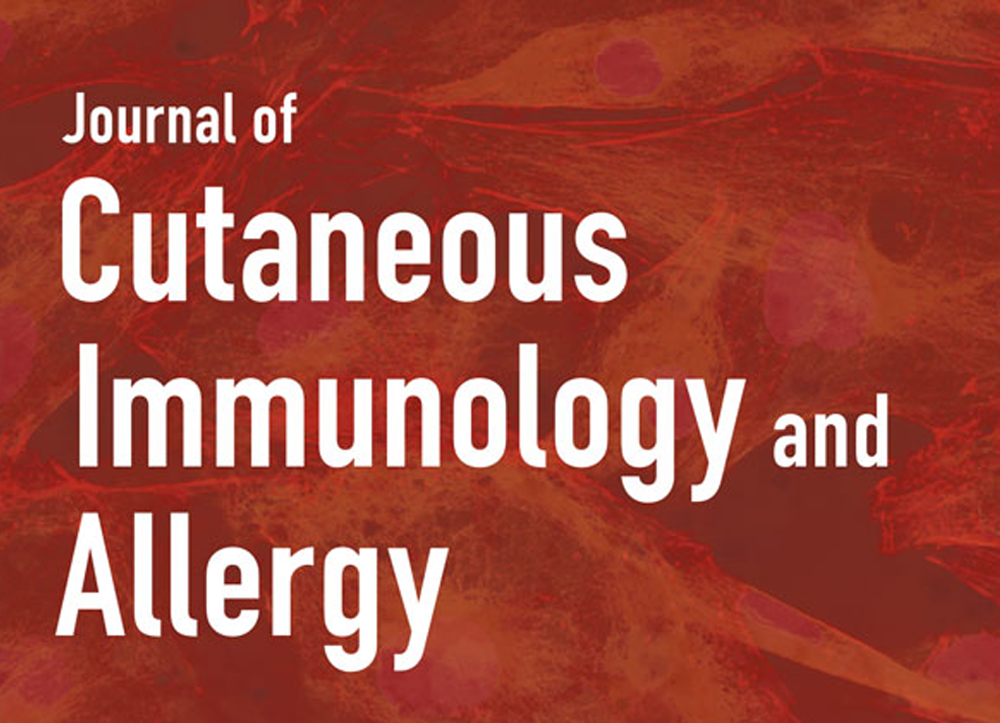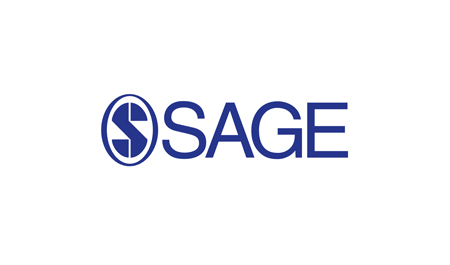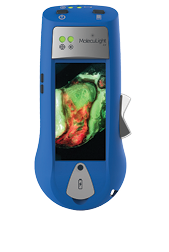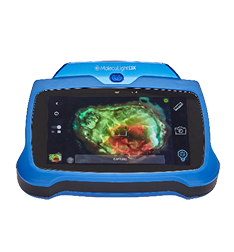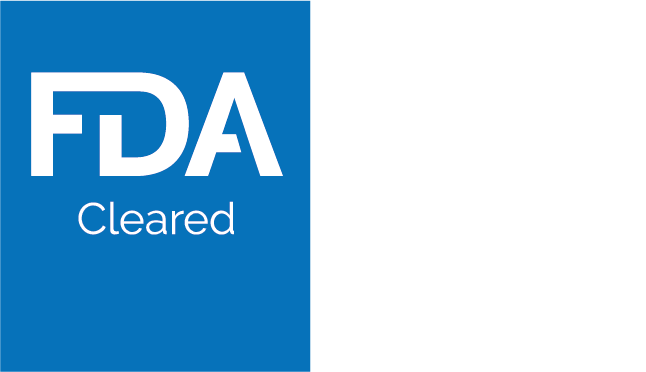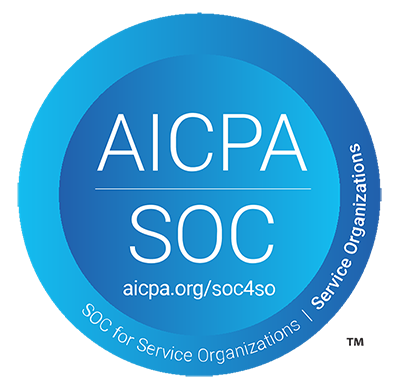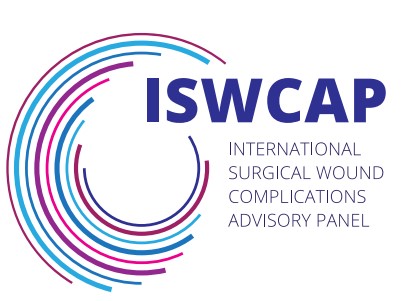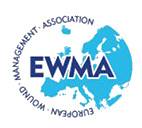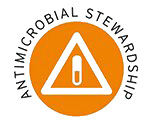Abstract
Detection of bacterial burden within or near surgical wounds is critical to reducing the occurrence of surgical site infection (SSI). A distinct lack of reliable methods to identify postoperative bioburden has forced reliance on clinical signs and symptoms of infection (CSS). As a result, infection management has been reactive, rather than proactive. Fluorescence imaging of bacterial burden (FL) is positioned to potentially flip that paradigm. This post hoc analysis evaluated 58 imaged and biopsied surgical site wounds from the multi-centre fluorescence imaging assessment and guidance clinical trial. Diagnostic accuracy measures of CSS and FL were evaluated. A reader study investigated the impact of advanced image interpretation experience on imaging sensitivity. Forty-four of fifty-eight surgical site wounds (75.8%) had bacterial loads >104 CFU/g (median = 3.11 × 105 CFU/g); however, only 3 of 44 were CSS positive (sensitivity of 6.8%). FL improved sensitivity of bacterial detection by 5.7-fold compared with CSS alone (P = .0005). Sensitivity improved by 11.3-fold over CSS among clinicians highly experienced with FL interpretation (P < .0001). Surgical sites that reach the stage of referral to a wound specialist frequently harbour asymptomatic high bacterial loads that delay healing and increase infection risk. Advanced imaging of pathological bacterial burden improves surgical site monitoring and may reduce the rate of SSIs
